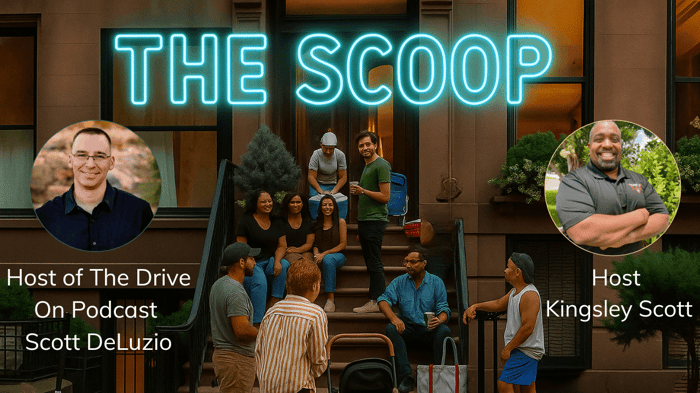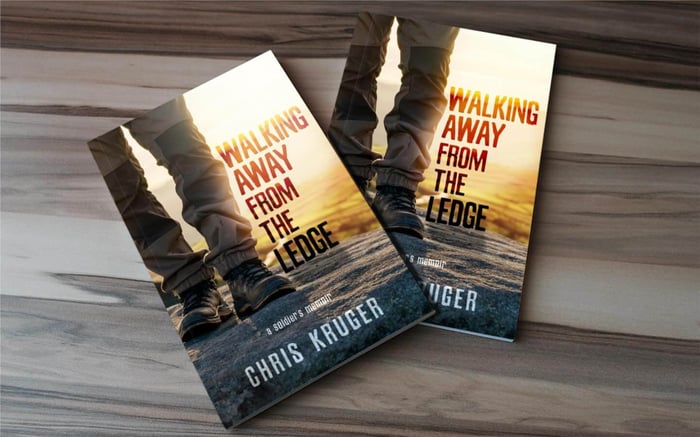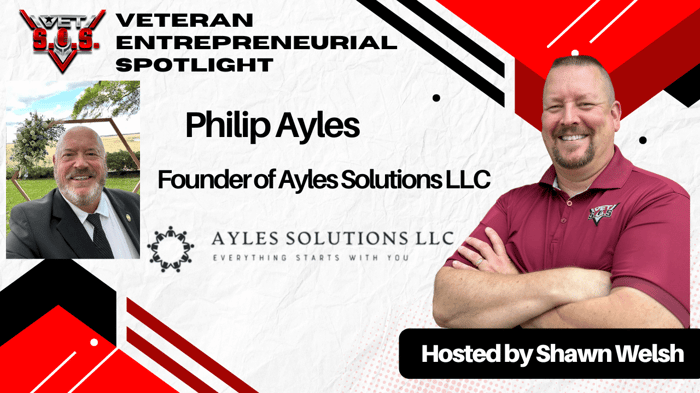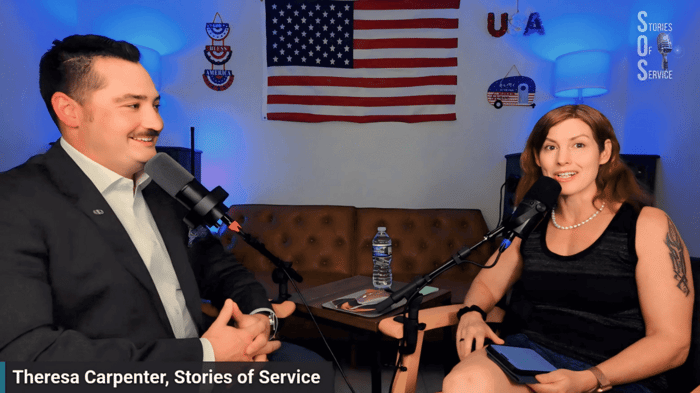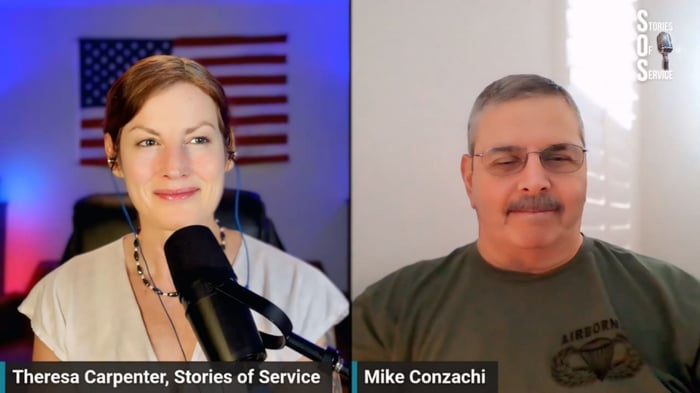Veteran Resilience: Scott DeLuzio’s Story of Strength and Service After Loss
Resilience isn’t forged in calm—it’s built in chaos. For veterans, resilience often begins after the uniform comes off. In this deeply moving episode of VET S.O.S. Presents: The Scoop, U.S. Army National Guard veteran Scott DeLuzio shares a journey that defines veteran resilience—from the trauma of combat and family loss to a life of purpose and advocacy.
From Brothers in Arms to Unimaginable Loss
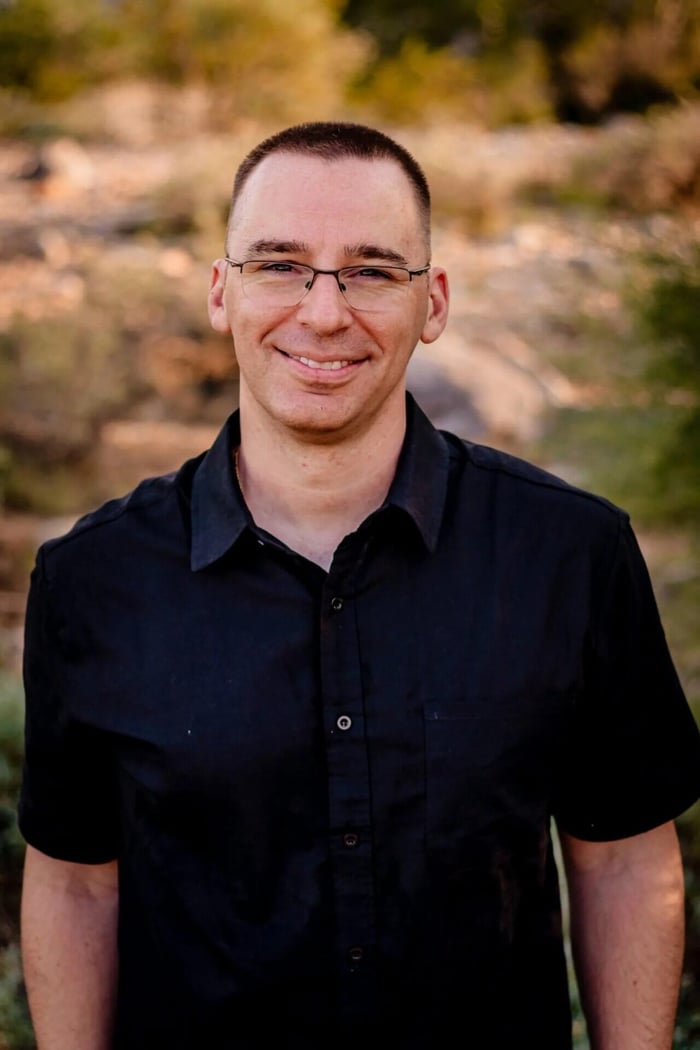 Scott DeLuzio
Scott DeLuzioScott DeLuzio and his younger brother Stephen deployed to Afghanistan in 2010, each under the same brigade but stationed miles apart. As part of one of the largest National Guard deployments since World War II, both men were prepared for danger—but nothing could prepare Scott for the day he learned his brother was killed in action.
That news came during a mission. Just 15 minutes after learning his brother was gone, Scott’s unit came under fire. There was no time to mourn—only time to lead. He was a squad leader with lives depending on him. The emotional compartmentalization required in that moment—pushing aside personal devastation to protect others—is one of the clearest examples of veteran resilience in action.
The Silent Battle of Coming Home
Returning home didn’t bring peace. It brought confusion, isolation, and guilt. Scott was stateside within 48 hours of his brother’s death—no decompression time, no gradual adjustment. What followed was a collision of duty and trauma. Wearing his uniform through the Atlanta airport, he was met with cheers—but he didn’t want them. “I felt like a failure,” he said. “I didn’t want the welcome home.”
At home, Scott took over the legal process of handling his brother’s estate. Not because he had the skills, but because he didn’t want to add more pain to his grieving parents. That sense of duty, even in emotional turmoil, is part of what makes veteran resilience so profound. Veterans often carry more than their own grief—they carry the weight for others too.
Writing for Healing: The Birth of Surviving Son
Scott never planned to write a book. He started by writing notes—memories of places, people, and moments he didn’t want to forget. Eventually, those reflections became Surviving Son, a memoir that honors his brother and shares his own emotional journey.
In telling his story, Scott embraced veteran resilience through vulnerability. He wanted to ensure his kids knew their family history. But the book has gone beyond personal legacy—it’s become a tool of healing for others, especially those dealing with trauma and loss in silence.
Drive On Podcast: A Platform for Resilient Voices
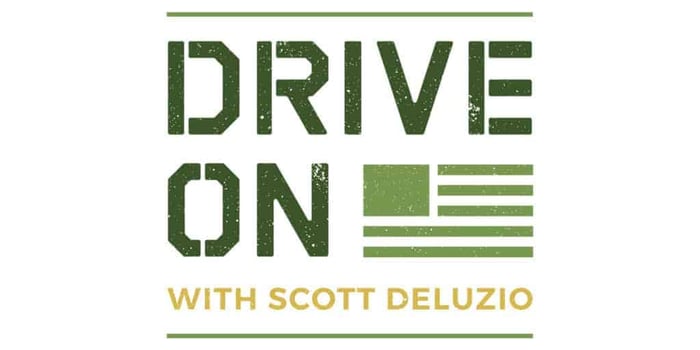 Building on the book, Scott created the Drive On Podcast, where he shares raw, honest conversations with other veterans and advocates. Nearing 500 episodes, the show serves as a digital community space—validating that struggle is part of the journey, and that strength doesn’t mean silence.
Building on the book, Scott created the Drive On Podcast, where he shares raw, honest conversations with other veterans and advocates. Nearing 500 episodes, the show serves as a digital community space—validating that struggle is part of the journey, and that strength doesn’t mean silence.
Scott’s mission is simple: Let veterans know they are not alone. Whether it’s PTSD, grief, depression, or the search for purpose, veteran resilience shines in the stories of those who continue to show up despite it all.
Purpose as a Lifeline
One of Scott’s most powerful messages is the importance of having purpose after service. For some, it might be a job. For others, it’s being a parent, volunteering, mentoring, or building something new. “Purpose is what gets you out of bed,” he says. “It doesn’t have to be big—but it has to matter to you.”
In Scott’s case, that purpose became honoring his brother, supporting his family, and serving the broader veteran community. Purpose is the engine of veteran resilience—the thing that keeps you grounded when nothing else feels steady.
Mental Health and the Cost of Silence
Like many veterans, Scott avoided therapy at first. He feared the stigma, the judgment, the false narrative that seeking help is a sign of weakness. But he now knows the truth: asking for help is strength. “I wasn’t crazy—I was grieving,” he admits. That distinction is essential in understanding the journey of so many veterans.
One story he shares is particularly powerful: a veteran dealing with suicidal thoughts placed the key to his gun safe on his dog’s collar. “If I’m going to do something, I have to go through the one being I love most.” That small act of intentional resistance speaks to the depth of veteran resilience—finding creative ways to stay anchored to life, even when it’s hard.
Real Talk: The Blueprint for Veteran Resilience
So what does veteran resilience look like in real life? According to Scott DeLuzio, it’s not perfection. It’s not emotional numbness. It’s the ability to keep going, to adapt, and to find meaning after loss.
Here are Scott’s takeaways for anyone facing a difficult transition:
Grieve, but don’t do it alone. Community is vital.
Tell your story. It helps others as much as it helps you.
Be flexible with your purpose. It may shift, and that’s okay.
Don’t wait to seek help. You don’t have to be at rock bottom to ask for support.
Know your strength is in your vulnerability. That’s where healing begins.
The Legacy of Veteran Resilience
Scott’s story isn’t just about tragedy—it’s about transformation. From the battlefield to the podcast studio, from private grief to public advocacy, he has redefined what it means to serve.
His book Surviving Son and the Drive On Podcast are not just projects—they’re platforms for connection, reminders that resilience is a muscle, and proof that recovery is possible. Veterans like Scott DeLuzio are showing us that strength lies not in silence, but in speaking up.
Final Thoughts
Veteran resilience is not a buzzword. It’s a daily practice. It’s carrying the weight of war, of loss, and of responsibility—and choosing to keep going anyway. Scott DeLuzio’s journey is an extraordinary example of that truth, offering hope and a path forward for anyone navigating the long, often unseen journey of life after service.
Learn more about Scott DeLuzio:
🎧 Drive On Podcast: driveonpodcast.com
📘 Surviving Son available on Amazon
📲 Follow @DriveOnPodcast on all social platforms
